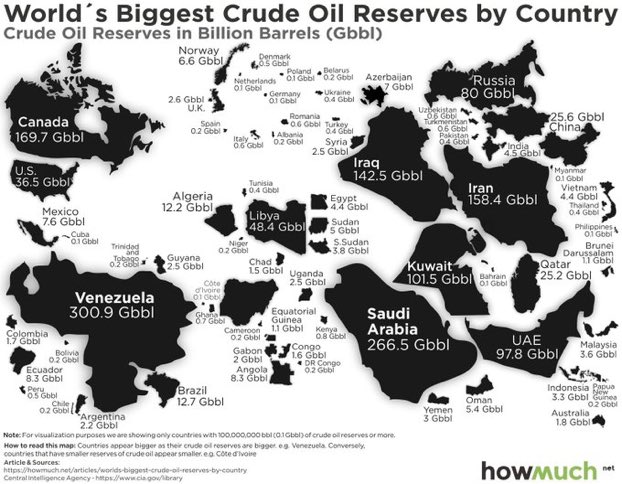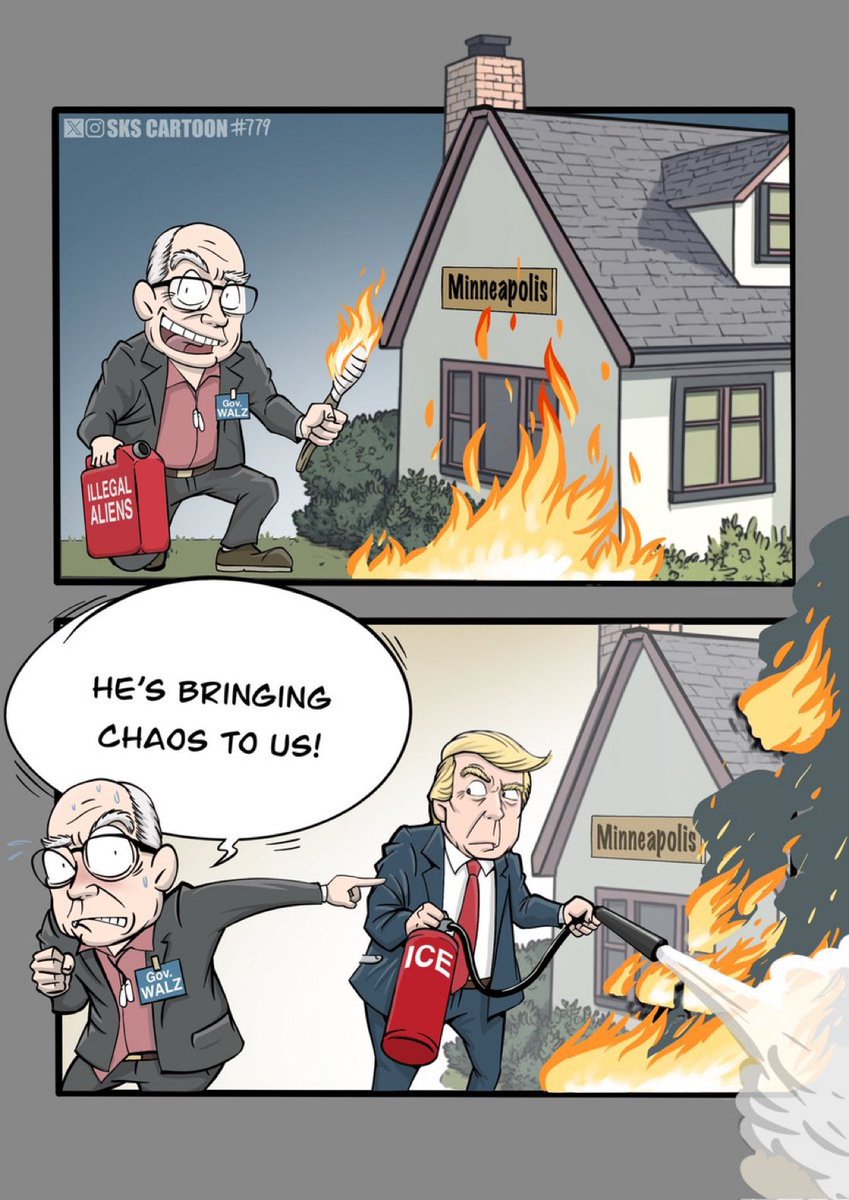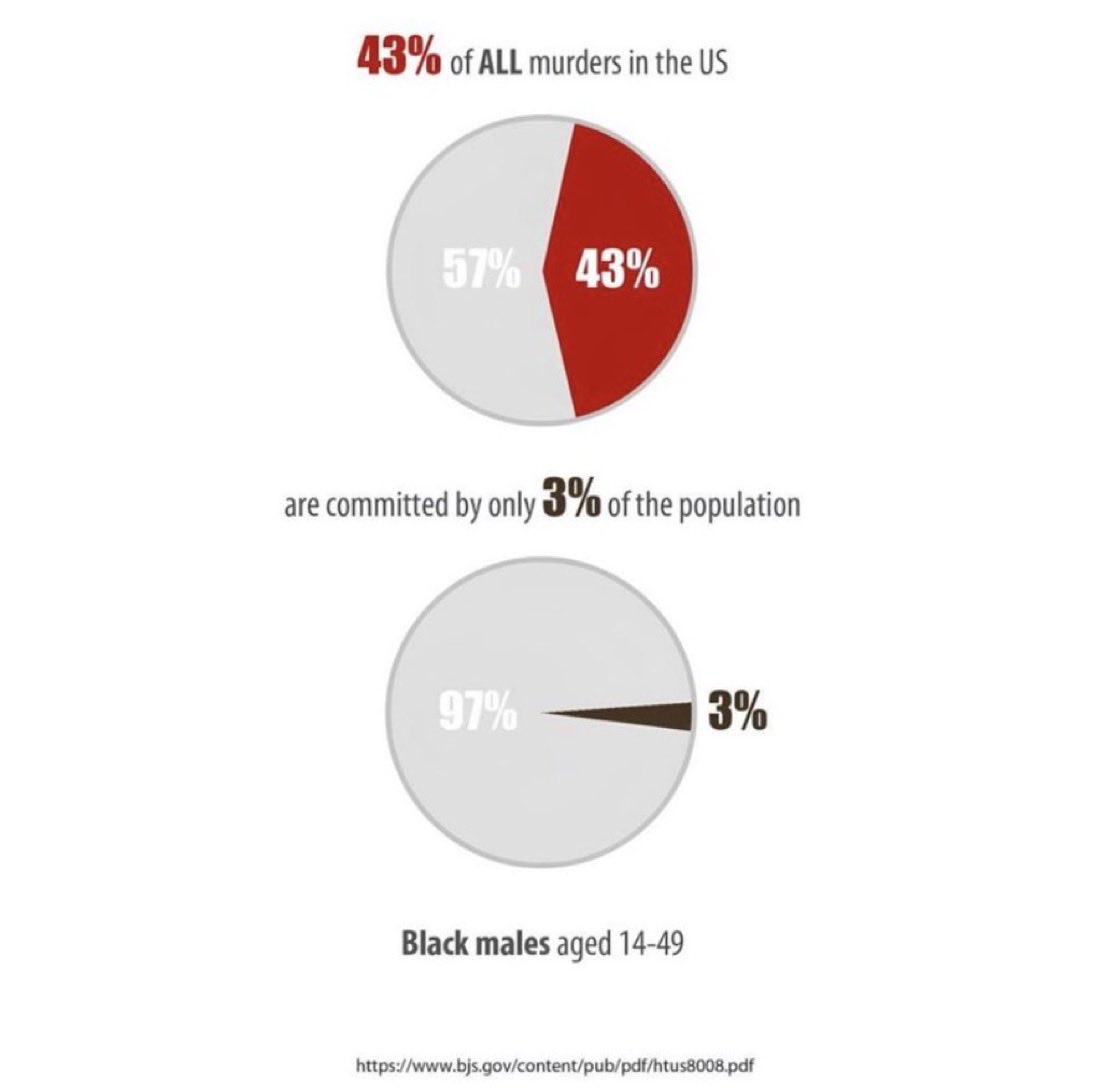High inflation, rising energy costs around the world, rising food prices, supply chain issues…
These are all policy disasters and they’ve got little to do with what your government says the root causes are.
A thread 🧵 for your awareness 👇
These are all policy disasters and they’ve got little to do with what your government says the root causes are.
A thread 🧵 for your awareness 👇

California declaring every new vehicle sold after 2035 must be green, then asking residents to stop charging vehicles when the energy grid is stressed… it’s energy policy is a joke
https://twitter.com/DeepBlueCrypto/status/1565159209456525312
German energy policy has been a huge disaster in this decade. First think about energy independence, then think about shutting down your nuclear power plants for some green reasons. Don’t put your energy dependence on other nations who could easily take advantage of it 🤷♂️
https://twitter.com/deepbluecrypto/status/1560850052339359744
France 🇫🇷 did bungle their energy policy shutting down their nuclear power plants
https://twitter.com/deepbluecrypto/status/1560447869634711553
Follow China 🇨🇳 if possible only for your nuclear energy policy. Don’t follow China for the coal & fossil fuel based energy policy. China has been the largest green house gas emitter and they need to bring this down drastically.
https://twitter.com/DeepBlueCrypto/status/1560852094944518145
Way too much power is given to oil producing nations like Saudi 🇸🇦
Nations should be slowly weaning off fossil fuels. They should have strategic reserves of oil stored. Nations should not stop drilling for oil & not stop pipeline projects until they’re energy independent.
Nations should be slowly weaning off fossil fuels. They should have strategic reserves of oil stored. Nations should not stop drilling for oil & not stop pipeline projects until they’re energy independent.
https://twitter.com/DeepBlueCrypto/status/1560096616920612864
The west should be wise enough to play their energy cards close to their chest rather than giving it away to a mad man… they can’t do much now. They’ve dug themselves into a hole.
https://twitter.com/DeepBlueCrypto/status/1564229397862817792
Thank god California voted to keep the Diablo nuclear power plant open
https://twitter.com/isabelleboemeke/status/1564999306632957953
Sri Lanka 🇱🇰 is bankrupt due to their globalist WEF fertilizer bans
Netherlands 🇳🇱, Canada 🇨🇦, Belgium 🇧🇪 and a host of other countries are following in Lankas footsteps. They’ll soon find out WEFs mean green truth.
Netherlands 🇳🇱, Canada 🇨🇦, Belgium 🇧🇪 and a host of other countries are following in Lankas footsteps. They’ll soon find out WEFs mean green truth.
https://twitter.com/deepbluecrypto/status/1563236271907938304
Feels appropriate for Europe in 2022
Energy inflation in Europe
This is what happens to countries who have thoughtless irresponsible short term energy policies 🤷♂️ 

Venezuela 🇻🇪 the worlds largest crude oil reserves state… its bankrupt right now. That’s the power of sanctions. US and it’s allies pretty much pushed Venezuela into a death spiral and to top it all off they can’t access their own gold worth $1.8 billion sitting in BOE vaults 

People are burning their energy bills in Naples as a protest to high energy prices. Playing #CatchMeIfYouCan with the energy companies 😂
Few ways out…
- Energy companies go bankrupt
- Reduce energy bills (print money)
- Do the right thing (policy)
Few ways out…
- Energy companies go bankrupt
- Reduce energy bills (print money)
- Do the right thing (policy)
Energy bills going up from 60k to 420k pounds for this one pub. Consider leaving a big tip next time.
telegraph.co.uk/news/2022/09/0…
telegraph.co.uk/news/2022/09/0…
• • •
Missing some Tweet in this thread? You can try to
force a refresh














